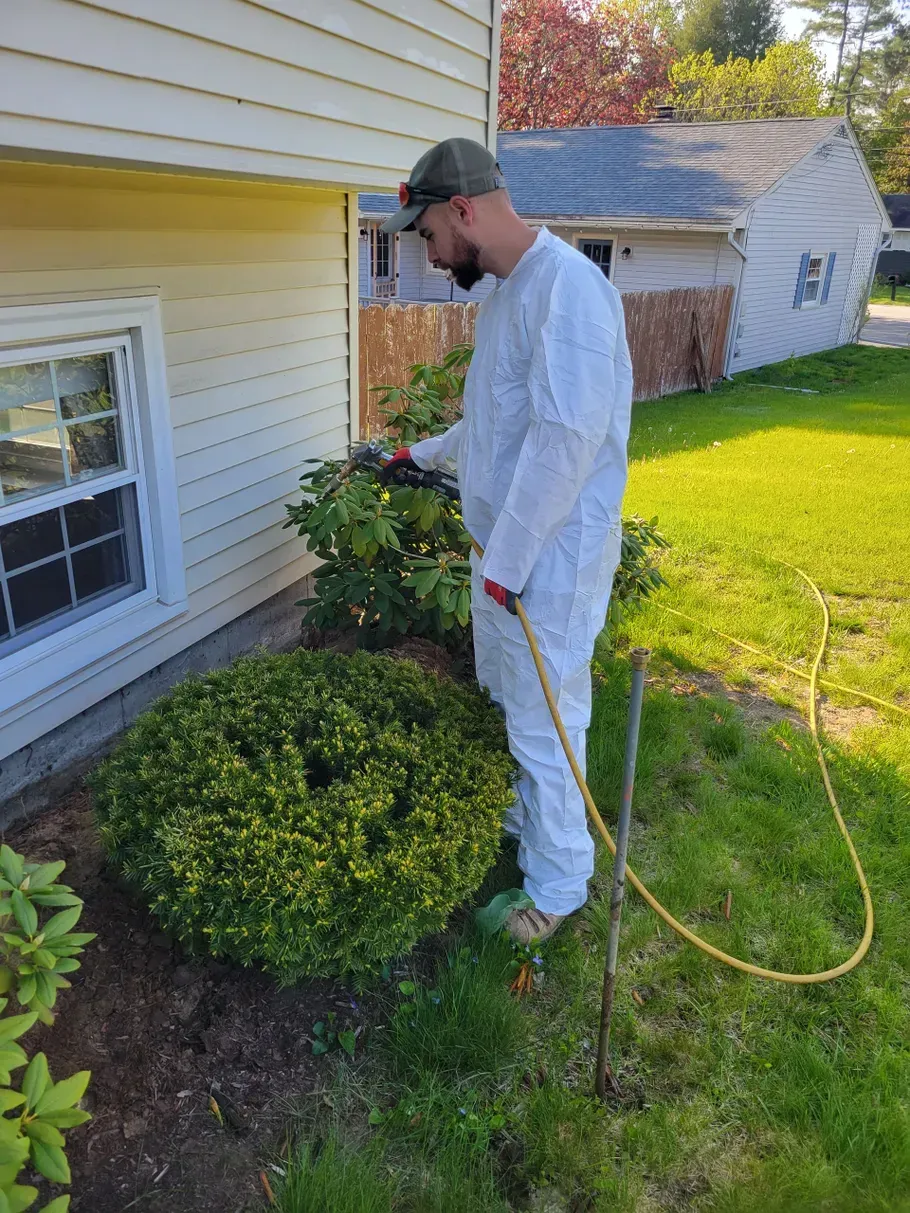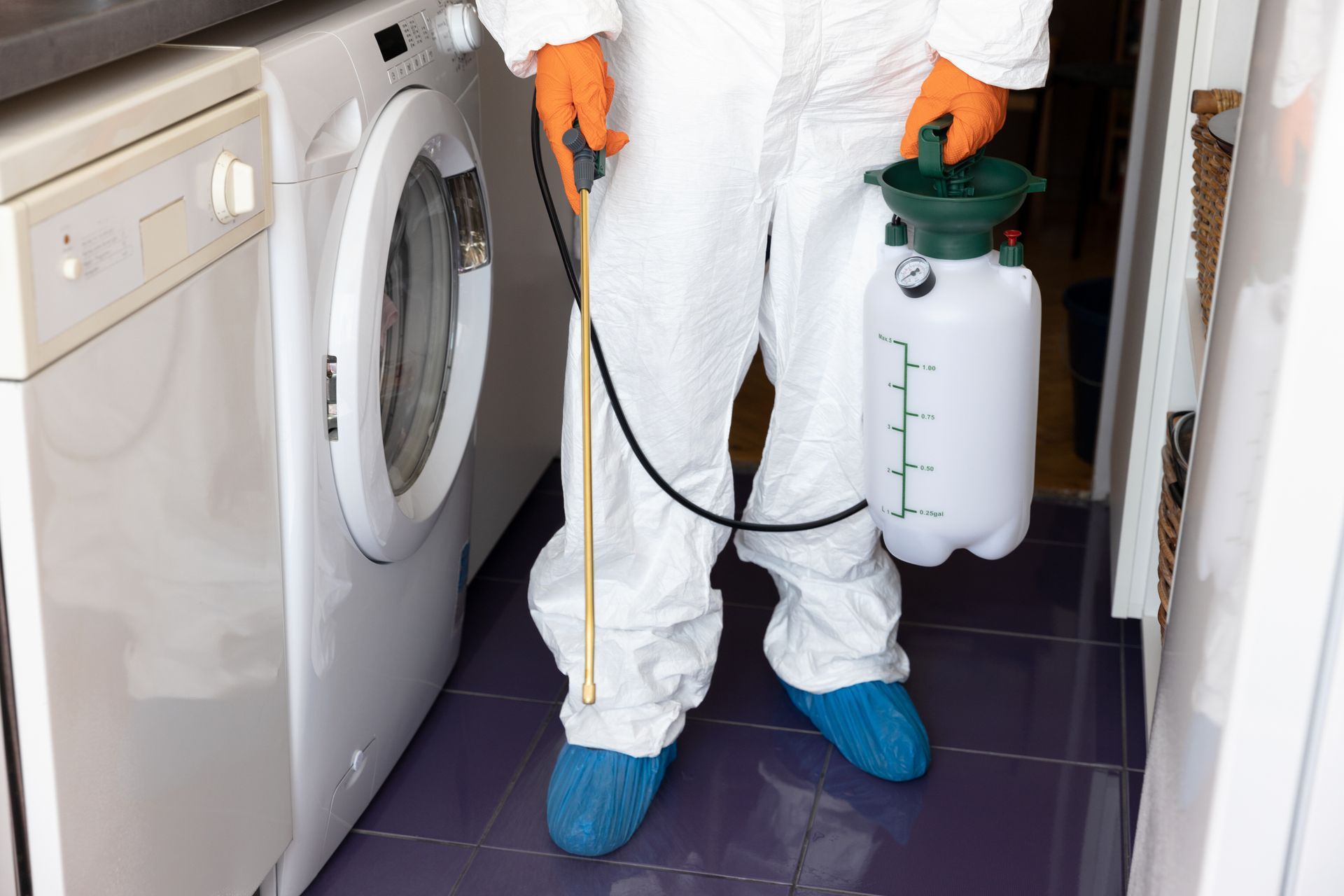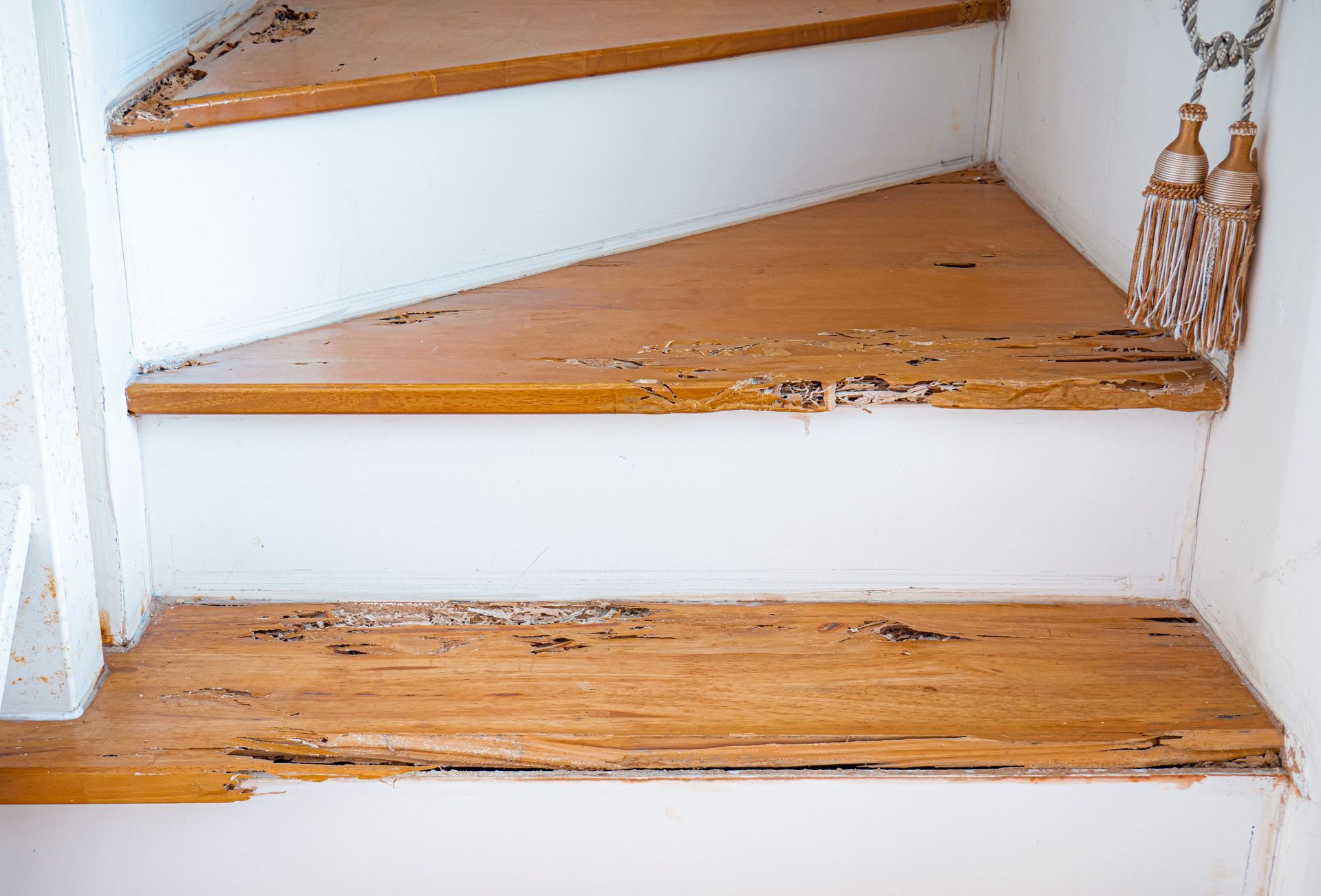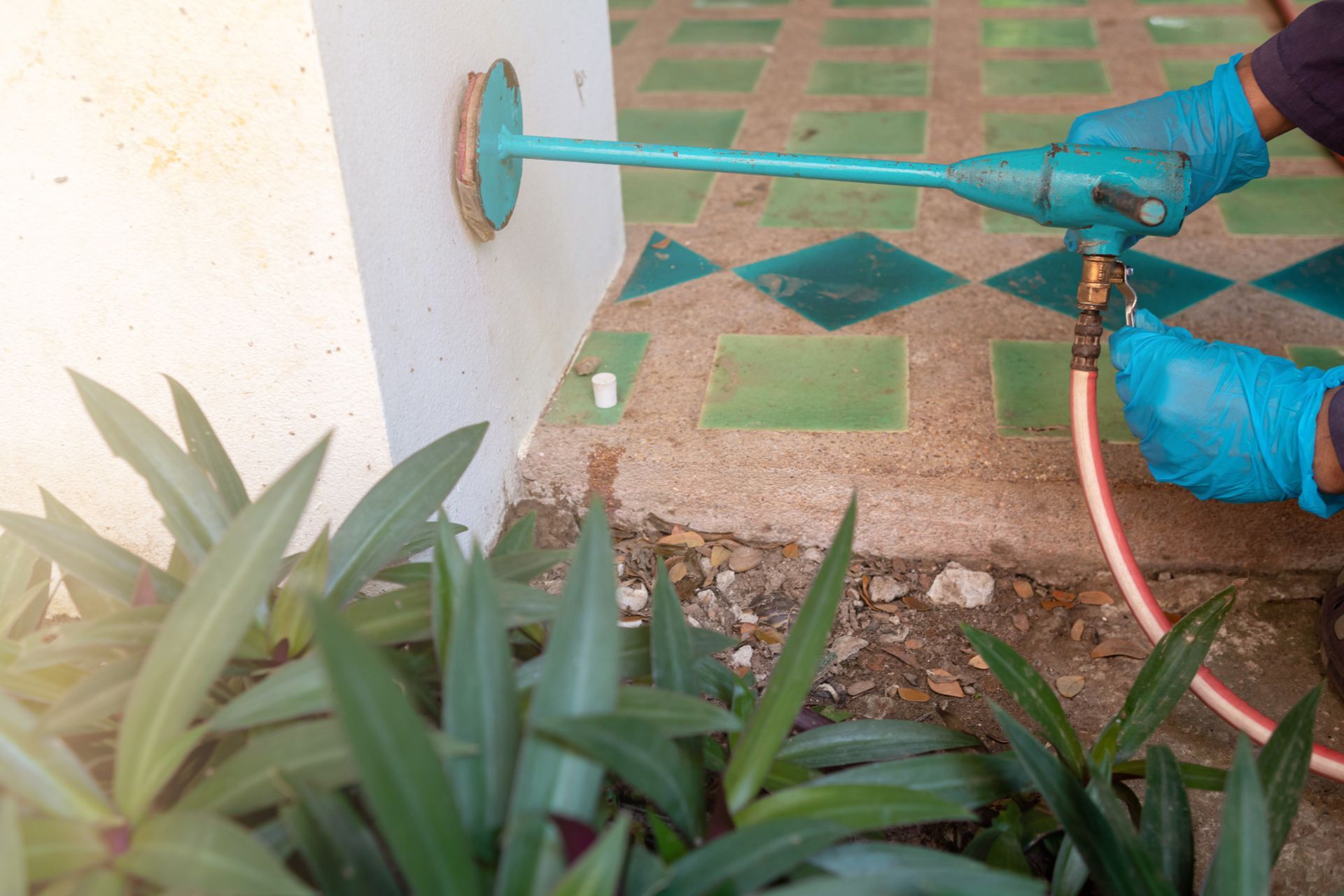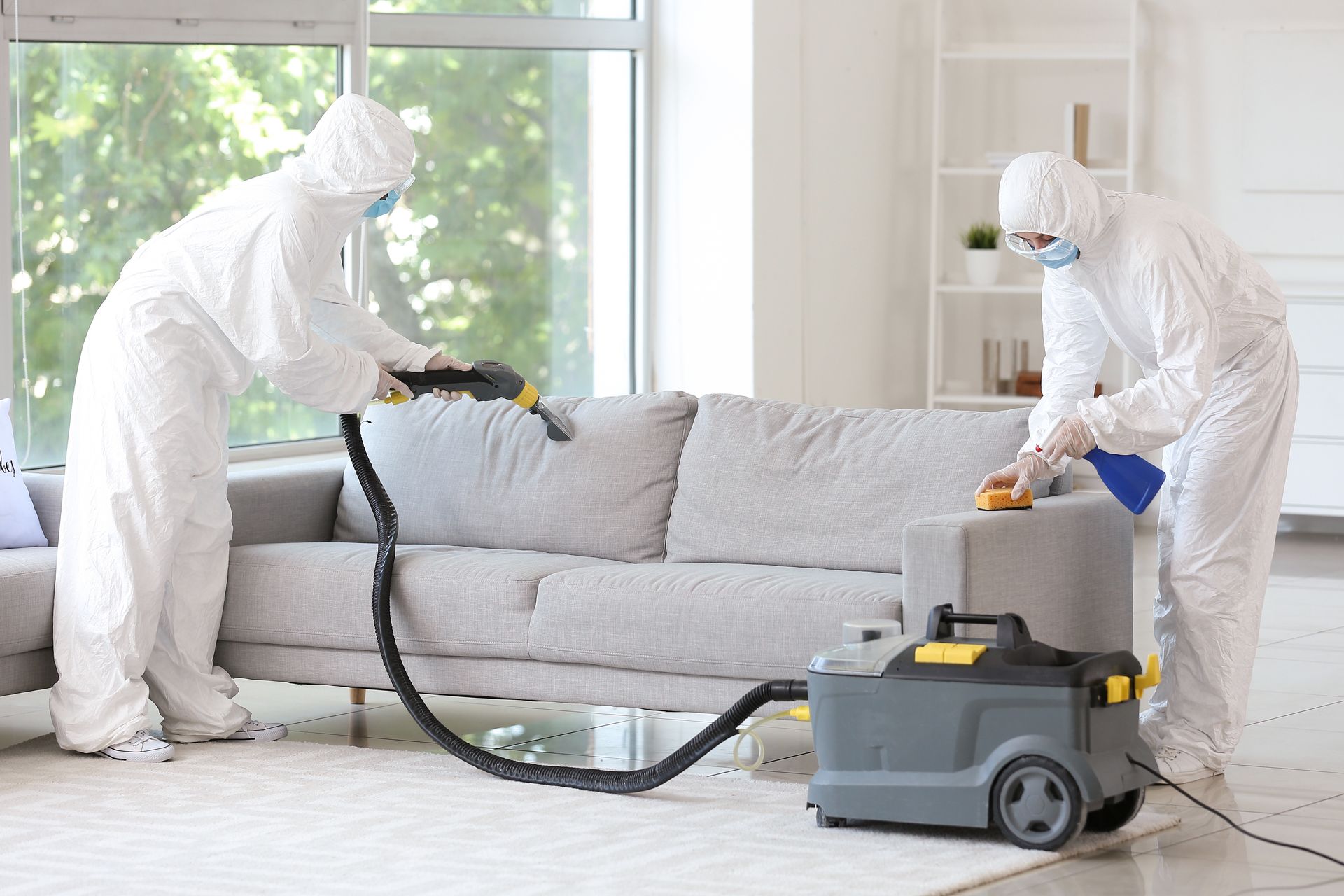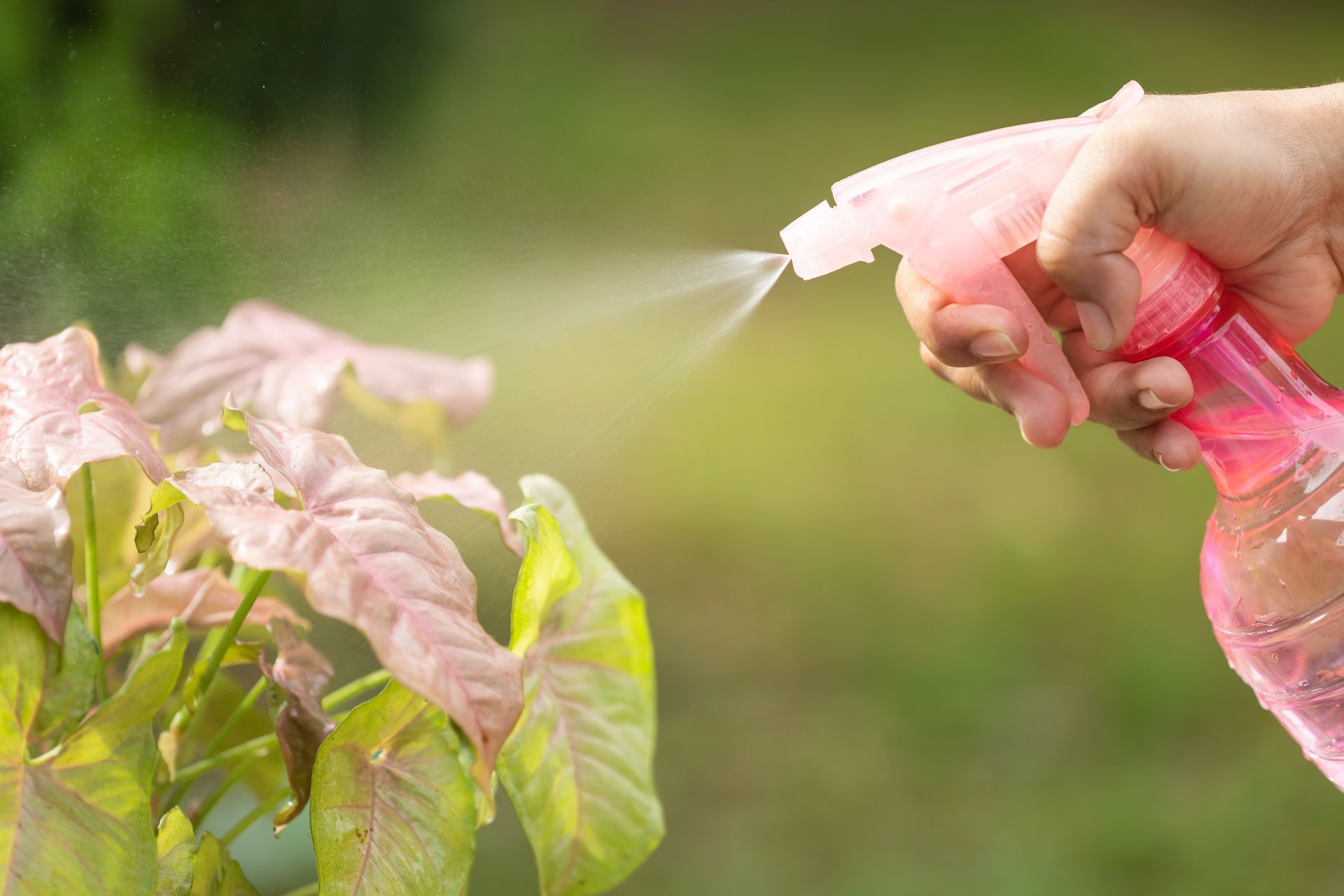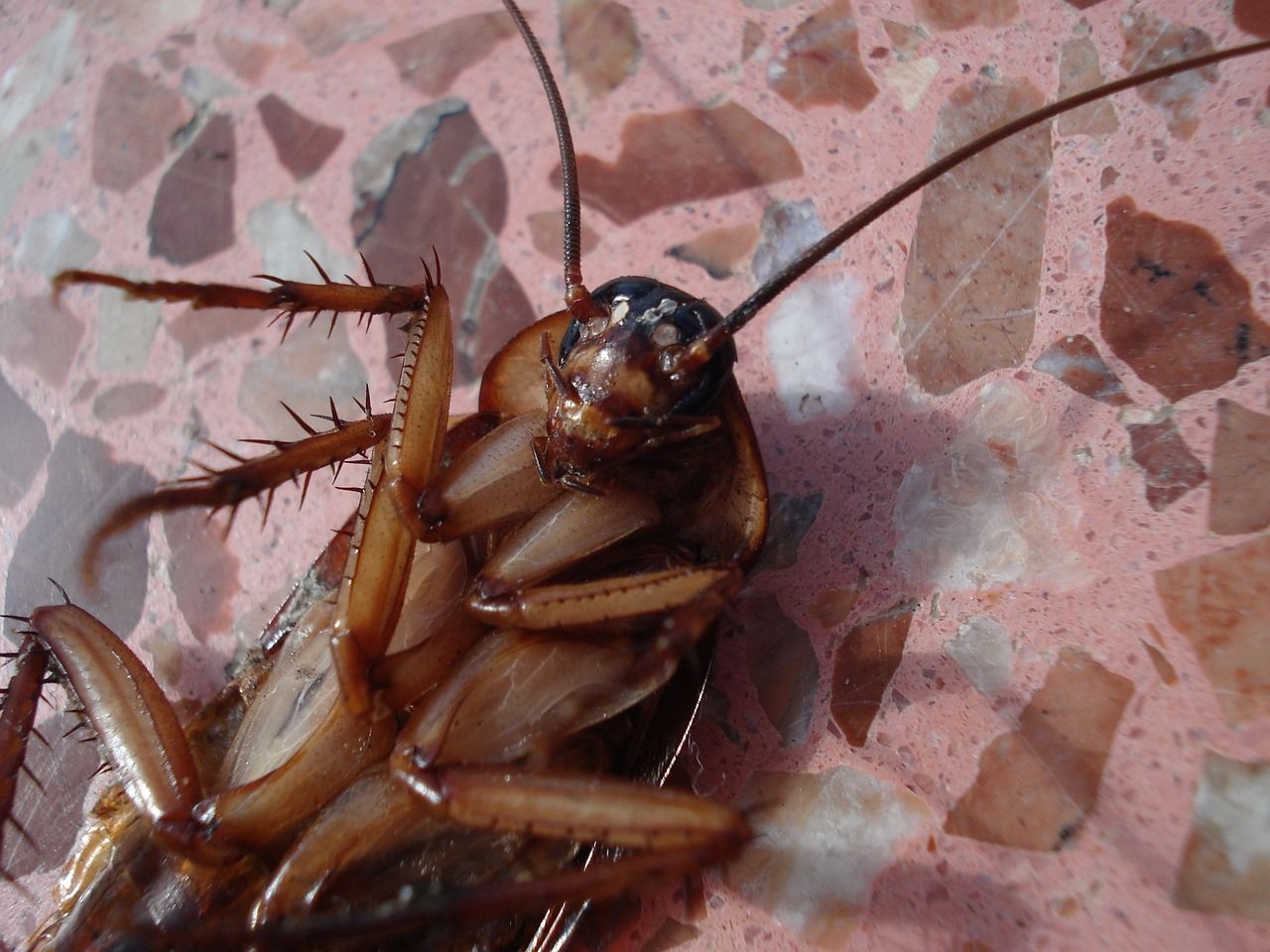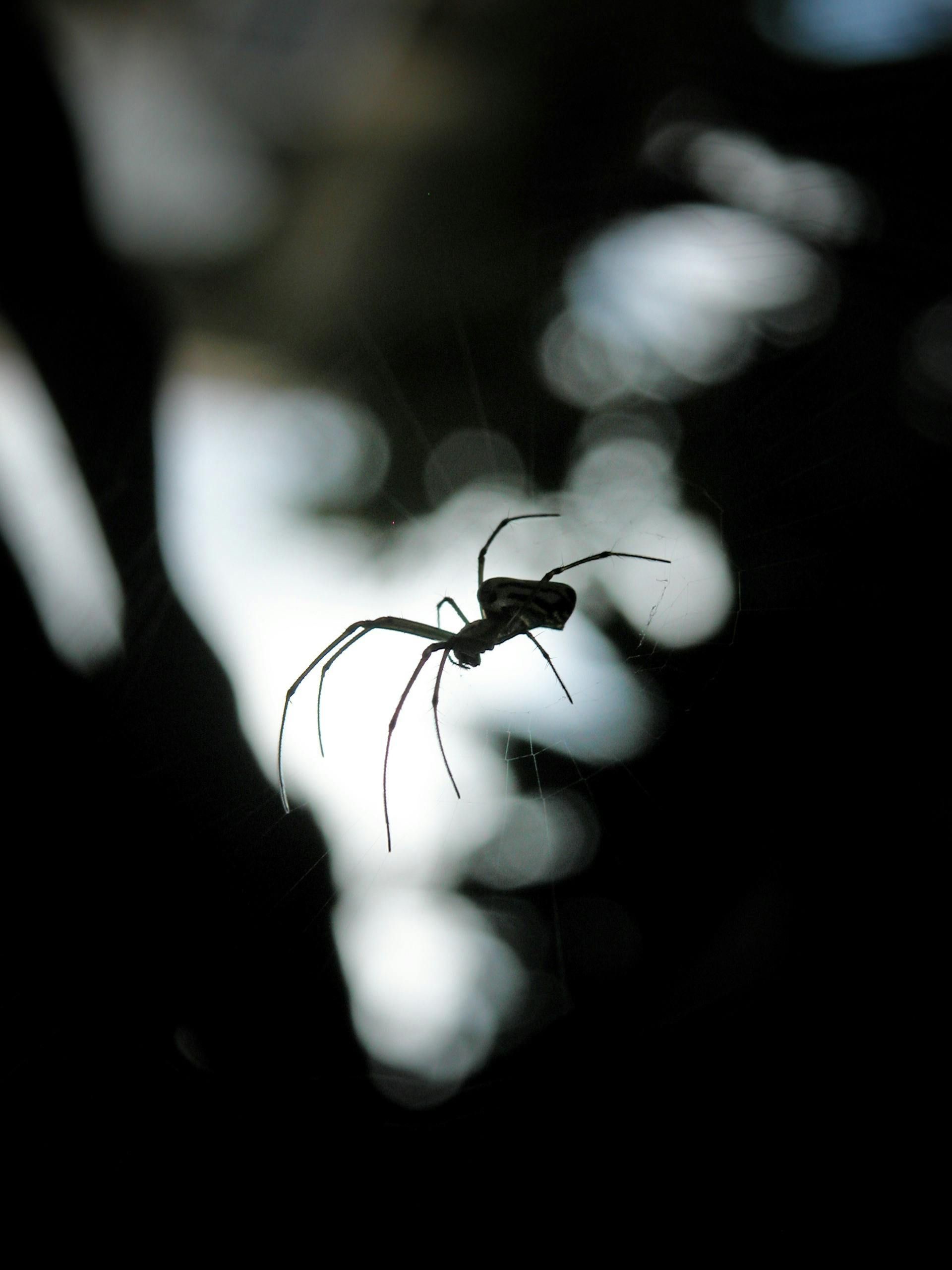Keene Pest Control
How Do I Get Rid of Cockroaches in My Home Fast?
We’ve all been there. You’re minding your own business, maybe grabbing a midnight snack, when you spot it — a cockroach darting across your kitchen floor like it owns the place. Gross! It’s like something out of a horror movie, but unfortunately, it’s real life. Cockroaches aren’t just unsightly; they carry diseases and allergens that can be harmful to your family. So, how do you get rid of these pesky intruders fast?
In this blog post, we’ll walk you through the most effective ways to get rid of cockroaches quickly. We’ll cover everything from immediate DIY solutions to when it’s time to call in the pros. Whether you’ve got one rogue cockroach or a full-blown infestation, we’ve got you covered. Let’s dive in!
1. Identify the Type of Cockroach Invading Your Home
Not all cockroaches are created equal. In fact, different types of cockroaches require different approaches for eradication. The most common types of cockroaches that invade homes are:
- German Cockroaches: Small, fast, and often found in kitchens and bathrooms.
- American Cockroaches: Larger and typically found in basements or dark, damp areas.
- Oriental Cockroaches: Often called water bugs, these prefer cooler, damp environments.
Knowing which type you’re dealing with can help you tailor your approach to get rid of them more efficiently. For example, German cockroaches reproduce rapidly, so you need to act fast and focus on eliminating eggs as well as adult roaches. American cockroaches, on the other hand, may require more focus on damp areas like basements.
How to Identify Cockroaches in Your Home:
- Size: German cockroaches are usually around ½ to ⅝ inch long, while American cockroaches can grow up to 2 inches.
- Color: German cockroaches are light brown with two dark stripes on their backs, while American cockroaches are reddish-brown.
- Location: German cockroaches are found near food sources (think kitchens), whereas American cockroaches prefer basements and drains.
2. Immediate Steps: What to Do When You See a Cockroach
So you’ve just seen a cockroach skitter across the floor. What now? Don’t panic (okay, maybe panic a little, but do it quickly). Here are the immediate steps you should take to eliminate cockroaches fast:
DIY Cockroach Killing Tips:
- Set Traps: Sticky traps are an easy, immediate solution. Place them near areas where you’ve seen roaches.
- Use Roach Spray: Commercial roach sprays can offer fast relief. Focus on spraying corners, cracks, and crevices.
- Clean Up Food Sources: Roaches are attracted to food crumbs and spills, so clean up immediately after meals.
- Seal Cracks and Gaps: Cockroaches can enter your home through tiny cracks. Seal all potential entry points.
While these steps can help you get rid of a few cockroaches, they won’t solve an infestation. If you start seeing roaches regularly, it’s time for a more comprehensive plan (we’ll cover that later).
3. Long-Term Solutions: Preventing Cockroach Infestations
While killing a few cockroaches can give you immediate relief, the key to keeping them away for good is prevention. Let’s talk about how to make your home as uninviting to cockroaches as possible.
Steps to Prevent Cockroach Infestations:
- Keep Food Sealed: Store food in airtight containers and never leave pet food out overnight.
- Empty Trash Regularly: Roaches are attracted to garbage. Take out the trash frequently and use bins with tightly sealed lids.
- Fix Leaks: Roaches are drawn to moisture, so fixing leaky faucets and pipes is crucial.
- Declutter: Roaches love clutter because it provides them with hiding spots. Minimize stacks of newspapers, cardboard boxes, and old magazines.
- Vacuum Regularly: Regularly vacuuming your home can pick up crumbs and cockroach eggs, reducing the risk of an infestation.
4. When to Call a Professional Exterminator
If your DIY efforts aren’t cutting it and you’re still seeing roaches, it’s time to call in the professionals. Cockroaches are notoriously tough to get rid of because they hide in hard-to-reach places and breed quickly.
Signs You Need Professional Pest Control:
- You’ve been seeing cockroaches regularly for more than a week.
- You’re finding cockroach droppings (tiny black specks) around your home.
- You’ve tried DIY solutions but they keep coming back.
- You’ve spotted cockroach eggs, which means more roaches are on the way.
Professional exterminators, like our team at Keene Pest Control, use specialized equipment and insecticides that are far more effective than store-bought options. If you’re dealing with a cockroach infestation, professional treatment is the quickest way to get your home roach-free.
5. Natural Cockroach Remedies: Do They Work?
For those who prefer a more natural approach, there are several home remedies that claim to repel or kill cockroaches. While these might not be as immediately effective as commercial solutions, they can help keep roaches at bay.
Popular Natural Cockroach Repellents:
- Diatomaceous Earth: This powdery substance can be sprinkled around roach hotspots. It works by damaging the exoskeletons of roaches, causing them to dehydrate and die.
- Boric Acid: Mixed with sugar, boric acid acts as bait. When roaches eat it, the boric acid damages their digestive systems.
- Essential Oils: Some people swear by peppermint or eucalyptus oil to repel cockroaches. Spray diluted essential oil around windows, doors, and other potential entry points.
While natural remedies can help reduce the number of cockroaches, they are best used as part of a broader pest control plan.
6. Cockroach Myths: Debunking Common Misconceptions
When it comes to cockroaches, there’s a lot of misinformation out there. Let’s clear up some of the most common myths.
Common Cockroach Myths:
- Myth #1: Cockroaches only infest dirty homes.
Reality: Even the cleanest homes can get roaches. They’re attracted to moisture and warmth, not just food. - Myth #2: Roaches only come out at night.
Reality: While they are nocturnal, if you see roaches during the day, it’s usually a sign of a severe infestation. - Myth #3: Cockroaches can survive a nuclear explosion.
Reality: While roaches are tough, the idea that they can survive a nuclear blast is an exaggeration. They’re resilient, but they’re not indestructible.
Contact Keene Pest Control for Fast and Effective Cockroach Removal in Keene, NH
If you’re struggling to get rid of cockroaches on your own, don’t worry—help is just a phone call away! At Keene Pest Control, we specialize in fast and effective cockroach removal services that get your home back to being pest-free. Our experienced technicians will assess your situation, use advanced treatments, and provide you with tips to keep roaches out for good.
Whether you’re dealing with a single sighting or a full-blown infestation, we’ve got the expertise to handle it. Give us a call today at
(603) 352-7336 to schedule an appointment or to learn more about our
pest control services in
Keene, NH, and the surrounding areas. In addition to cockroach removal, we also offer residential pest control for
bed bugs,
termites,
carpenter ants, and more, as well as
commercial pest control services.
FAQs
Can cockroaches make you sick?
Yes, cockroaches can carry bacteria and pathogens that lead to illnesses like salmonella, dysentery, and even asthma attacks in people sensitive to allergens.
What smells do cockroaches hate?
Cockroaches dislike the scent of essential oils like peppermint, eucalyptus, and tea tree oil. They also avoid the smell of bay leaves and cucumbers.
How long does it take to get rid of a cockroach infestation?
Depending on the severity, it can take anywhere from a few days to several weeks. Professional extermination is the fastest route to complete elimination.
Are cockroaches resistant to insecticides?
Some cockroach species have developed resistance to certain insecticides. That’s why it’s essential to use a combination of traps, baits, and professional treatments.
Can I prevent cockroaches from coming back?
Yes! Keeping your home clean, sealing food properly, fixing leaks, and sealing cracks in walls or doors can significantly reduce the chances of a re-infestation.
